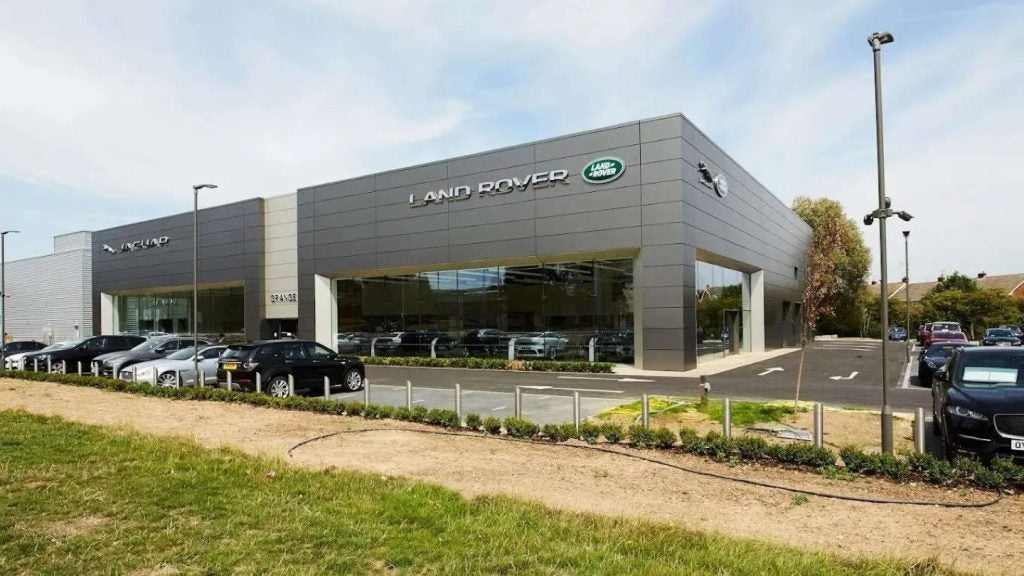
Many motor finance companies are often faced with the question of whether to engage in mediation to try to settle disputes with customers. Parties to litigation cannot be forced to engage in alternative dispute resolution (ADR), but serious cost consequences may flow from an unreasonable refusal to do so – as is clear from the High Court decision in Phillip Garritt-Critchley & Others v Andrew Ronnan & Solarpower PV Limited.
Both before and during proceedings the claimants offered to engage in ADR. The defendants steadfastly refused, considering the parties "too far apart". They were extremely confident in their position and believed ADR had no realistic prospects of success. They viewed their rejection of ADR as entirely reasonable even when advised by the court that the parties should seek to resolve the claim by mediation.
In November 2013, the claimants made an offer pursuant to Part 36 of the Civil Procedure Rules (part 36 offer) to settle for £10,000, plus their costs to date. The defendants’ counter-offer was for the claimants to discontinue their claim and pay three-quarters of the defendants’ costs. The claimants’ response? A request for the defendants to negotiate constructively.
Following trial, but before judgment was given, the defendants accepted the claimants’ part 36 offer. The claimants sought their costs on an indemnity basis – arguing the defendants’ refusal to engage in mediation was unreasonable.
The judge agreed. This was a classic case where both parties needed to engage in a risk analysis as to whether their side of the coin would be accepted or not and was a clear example of when mediation should be considered.
The parties were not so far apart or the odds so stacked in the defendants’ favour that there was no conceivable point in discussing settlement.

US Tariffs are shifting - will you react or anticipate?
Don’t let policy changes catch you off guard. Stay proactive with real-time data and expert analysis.
By GlobalDataThe court expressly noted that parties don’t truly know whether they are too far apart unless they sit down and explore settlement. The belief that a party has a watertight case is no justification for refusing mediation.
Further, even though the relationship between the parties was acrimonious, mediators are trained to diffuse emotion and feelings of distrust so parties can achieve commercial settlement.
Even following the claimants’ part 36 offer, the defendants still refused to mediate as they believed the cost of doing so at that stage was likely to be as much as the amount of the latest offer. The judge thought this view misconceived. The defendants should have compared the cost of a mediation against the cost of a trial – on any view the latter would be far more.
The defendants’ failure to engage in mediation for the misguided reasons given was unreasonable and the claimants were entitled to recover their costs on an indemnity basis.
Comment
The courts cannot order parties to engage in mediation or other forms of ADR, but can encourage parties in the strongest terms to consider doing so, as it did here. Not all cases will settle at mediation but failure or refusal to attempt it is a high-risk strategy, even if you believe you have a very strong claim or defence; and may result in a costs penalty, even if you are ultimately successful in the claim.
This approach is also consistent with the post 1 April regulatory obligations to put customers’ interests first.
Greg standing is a partner in Wragge Lawrence Graham & Co’s finance litigation team







